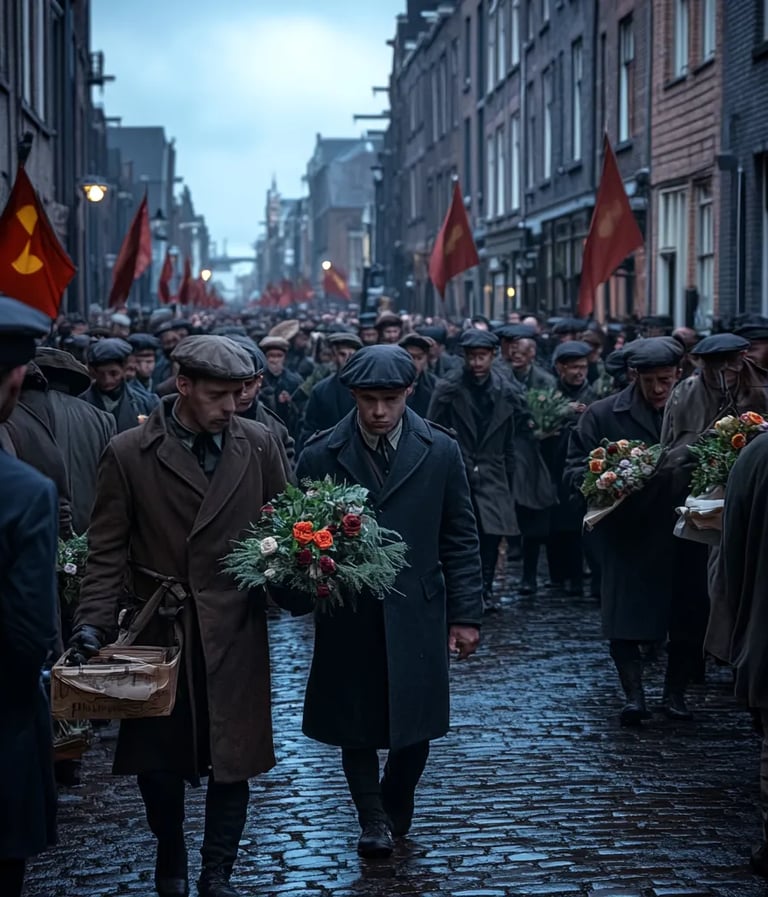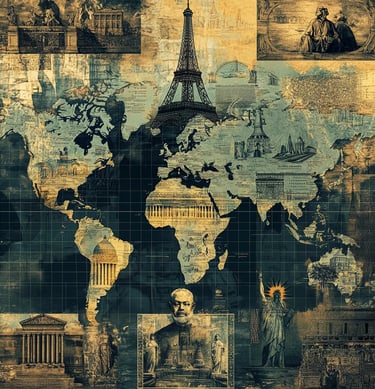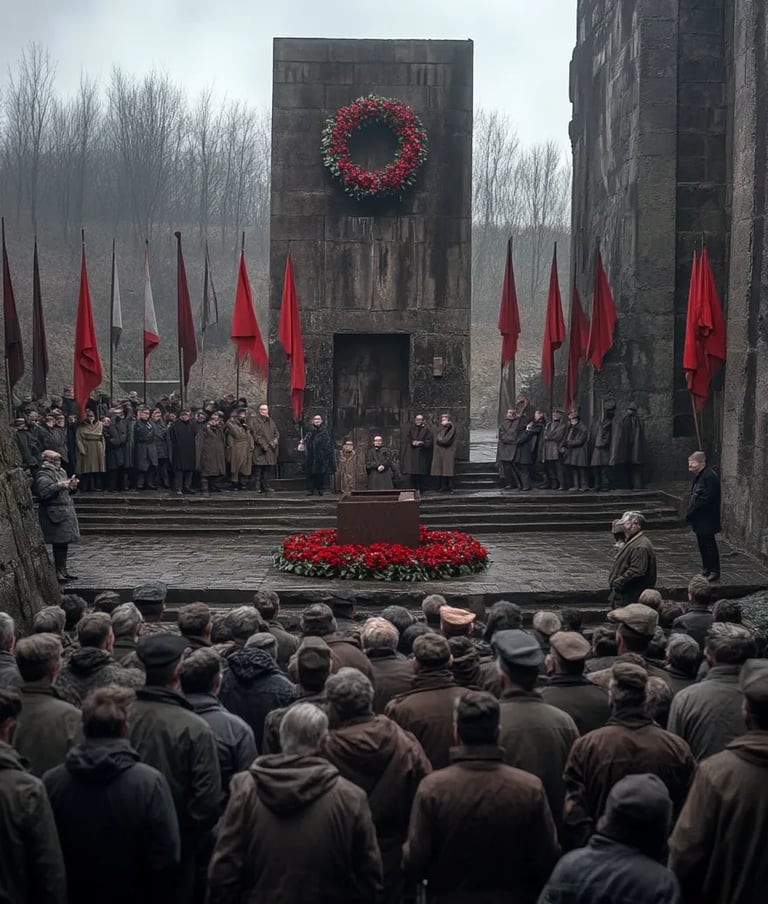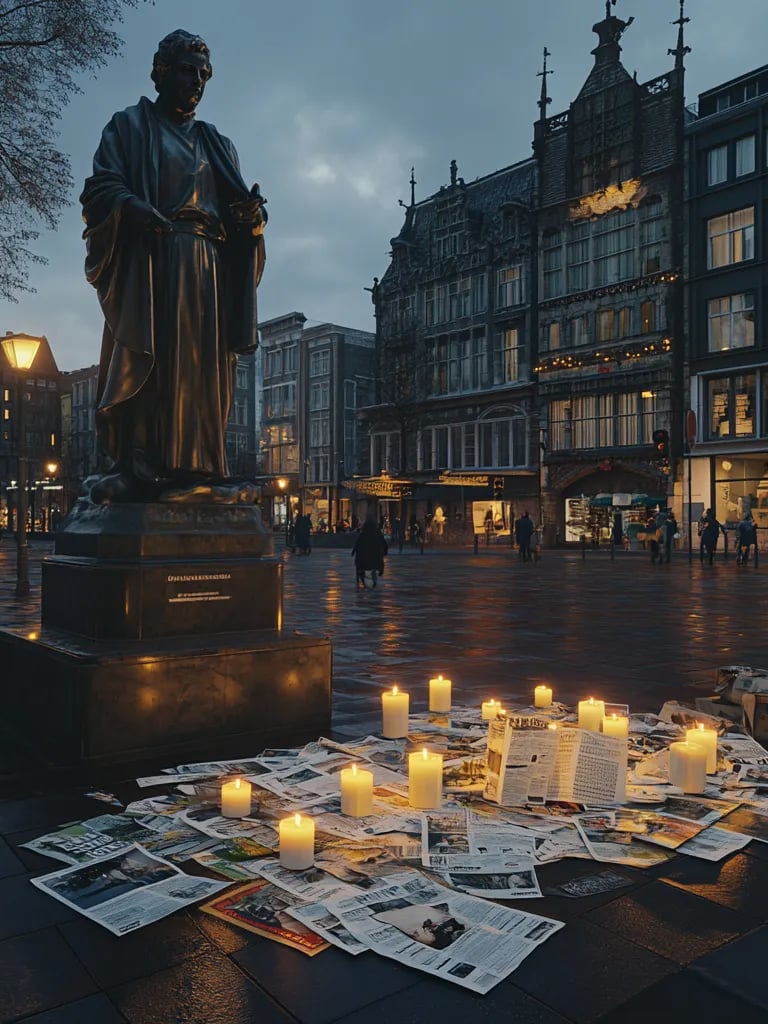Violent clashes erupted in the city of Utrecht between two bitterly opposed political camps—the Hollandsgezinden and the Gunterlingen. What began as rival declarations escalated into street warfare, revealing the fragile civic balance in medieval Dutch cities. These conflicts weren't just brawls—they were deeply rooted in territorial ambition, loyalty to foreign powers, and the growing pains of a region struggling toward self-determination amid constant internal division.
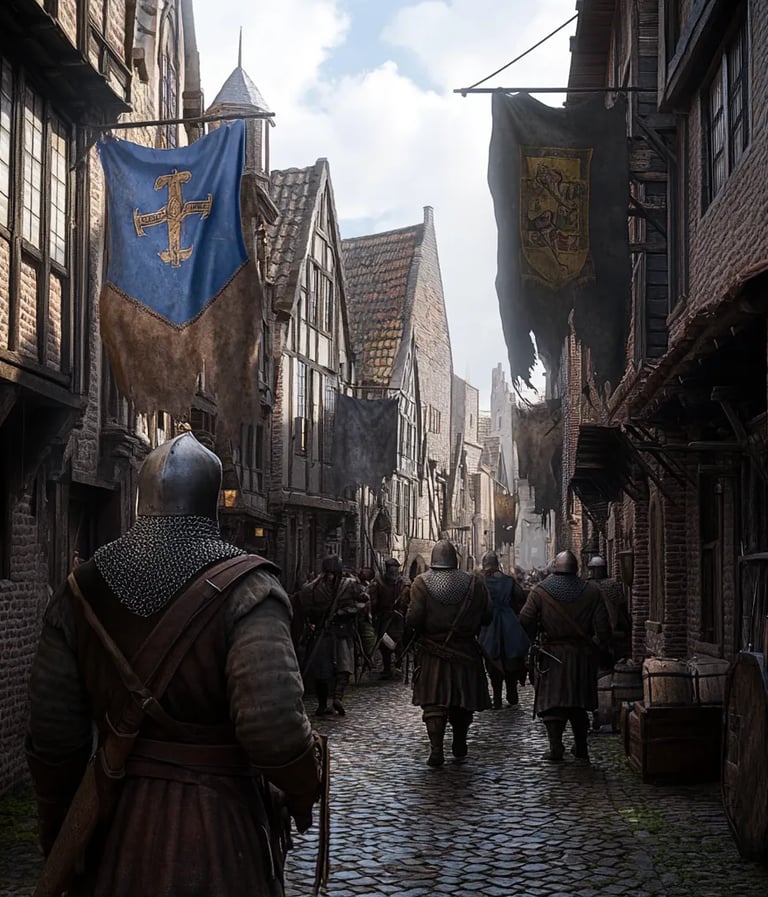

1346 – Street Fights in Utrecht: Power Struggles Boil Over Between Rival Factions
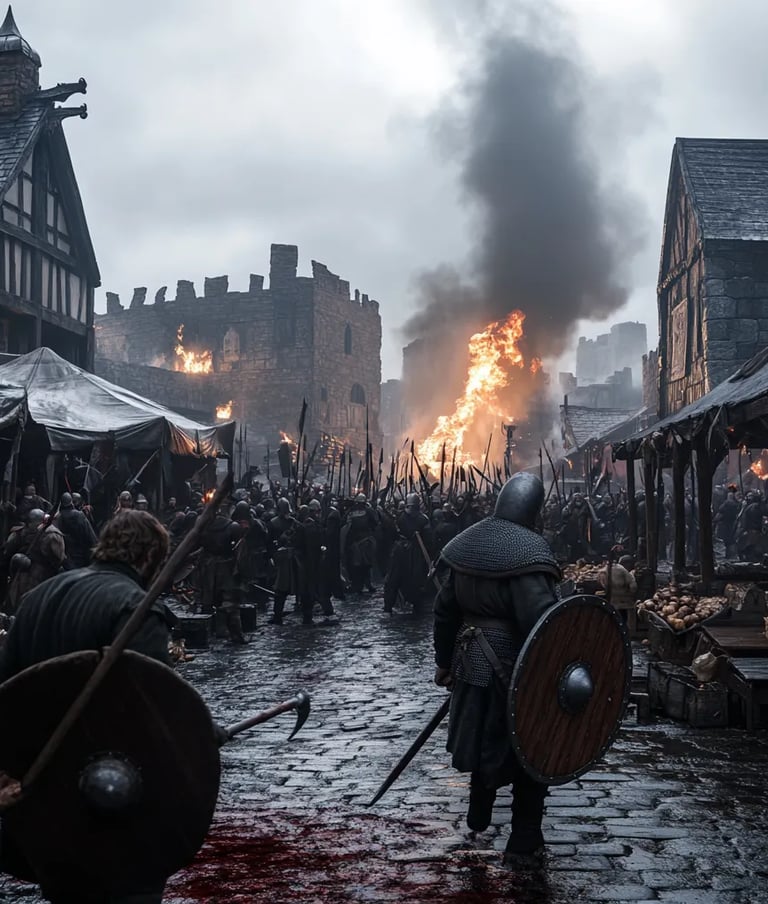

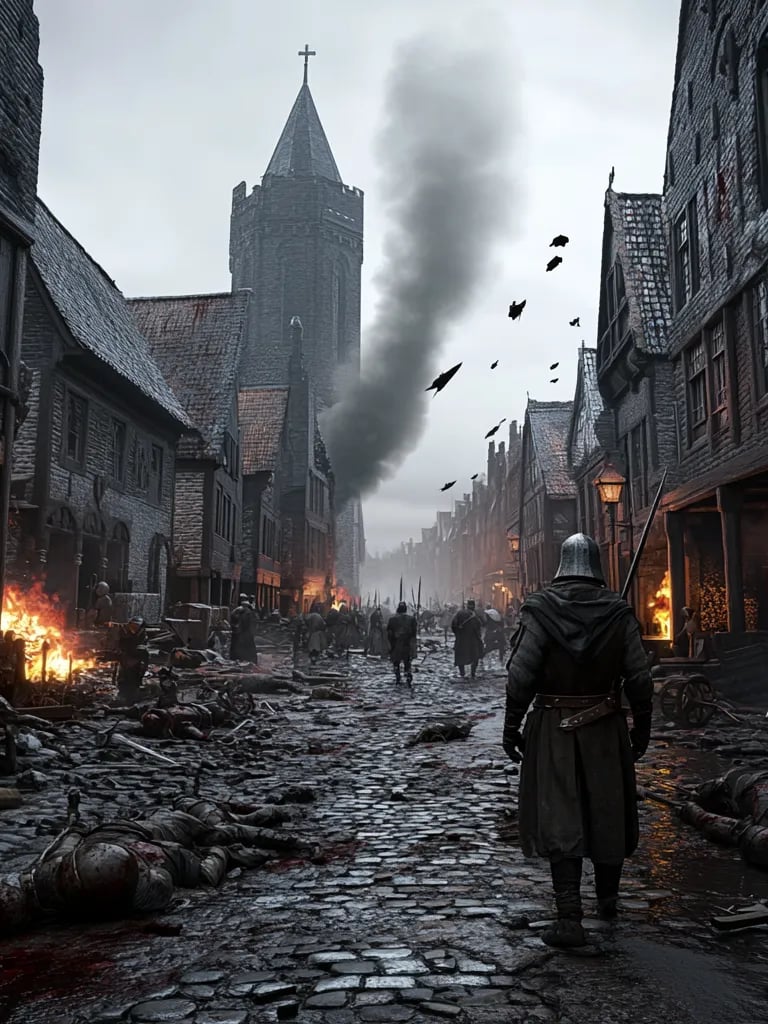

During the Anglo-Spanish War, famed English captains Sir Francis Drake and Sir John Hawkins attempted a daring naval assault on San Juan, Puerto Rico. But Spanish forces held strong, repelling the attack and humiliating the invaders. The mission not only failed—it proved fatal. Hawkins died during the expedition, and Drake would perish weeks later. It marked the final voyage of two legendary but fading maritime icons.


1595 – Drake and Hawkins Storm San Juan—and Fail Spectacularly




After five years in Ottoman exile, Sweden’s war-hardened king Charles XII staged a dramatic return home. Disguised and traveling at breakneck speed, he crossed enemy territories to reach Sweden. His reappearance electrified Europe and revived a fading empire’s military ambitions. Though his kingdom was weakened, Charles’s audacious return proved he remained a king forged in war and defiant to the end.
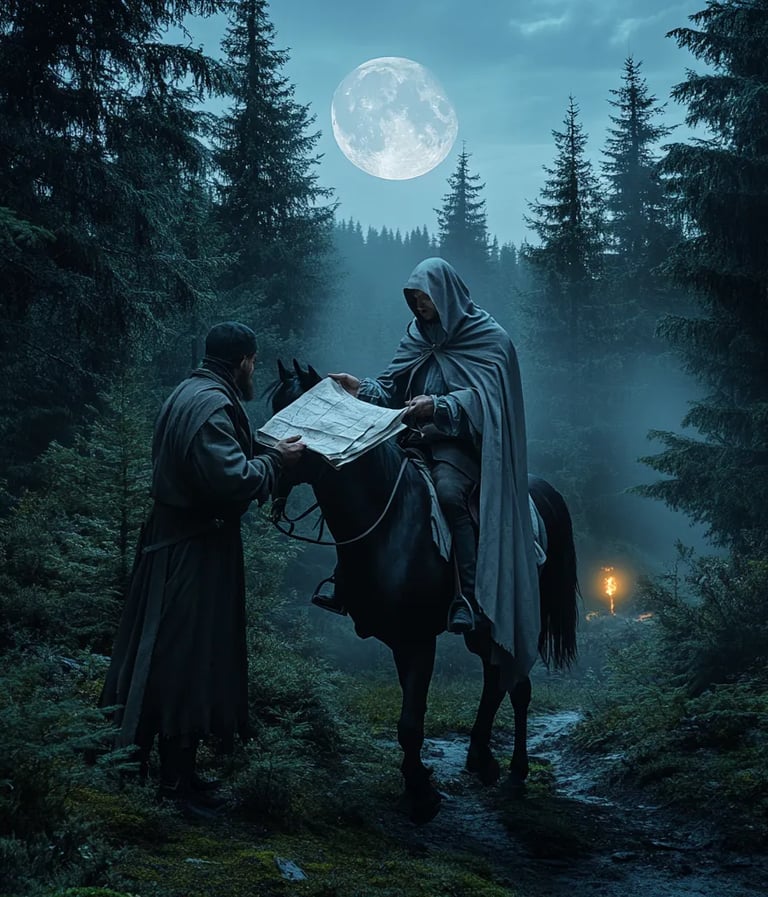

1714 – Charles XII’s Bold Escape: From Ottoman Shadows to Swedish Soil


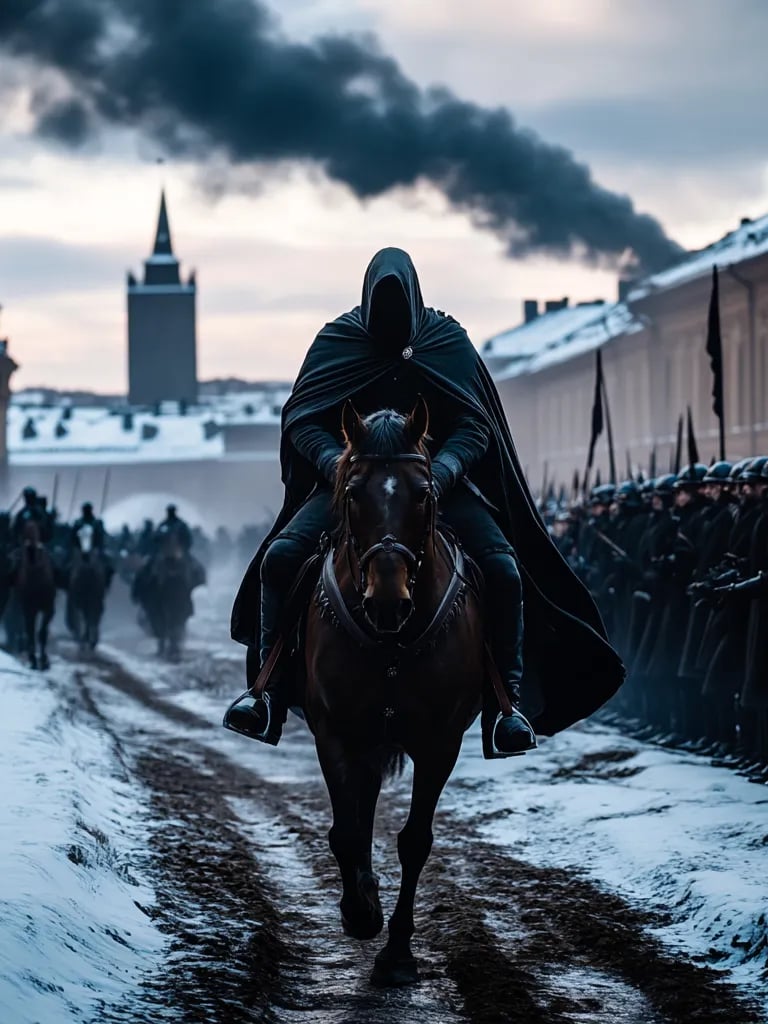

On this day in 1914, Indian soldiers under British command seized the port city of Basra in Mesopotamia. The strategic victory ensured access to vital oil supplies and established a foothold in the Persian Gulf. The battle marked the rising significance of Indian troops in World War I and signaled the growing imperial stakes in the Middle East’s geopolitical future.
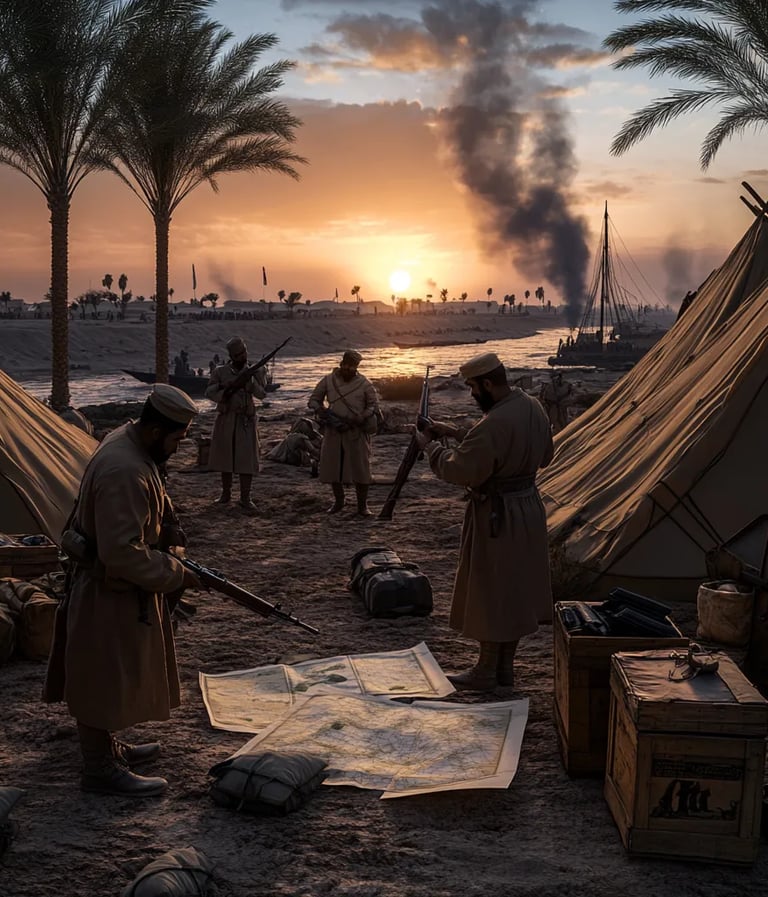

1914 – Indian Troops Capture Basra, Opening a New Front in the East
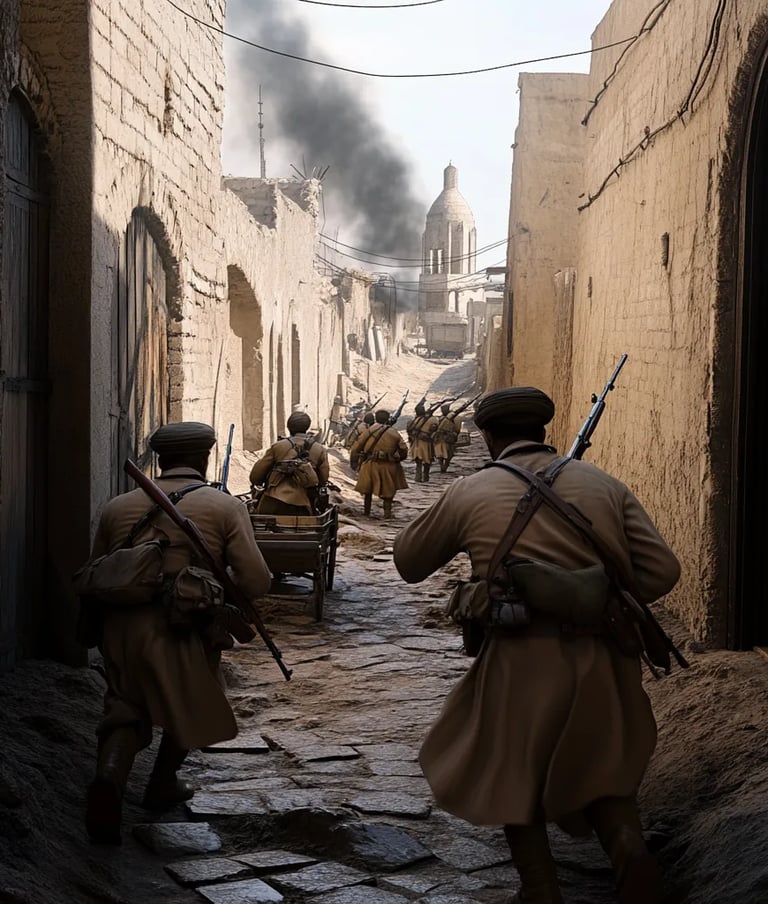

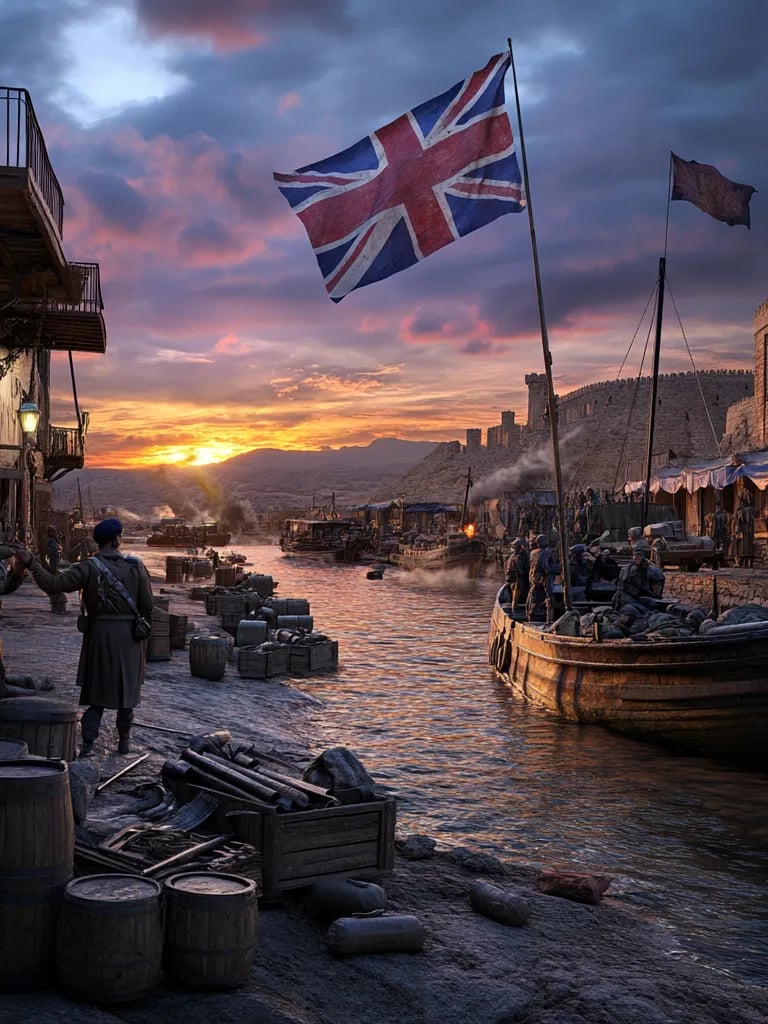

In a striking posthumous statement, 15,000 people gathered in Amsterdam to witness the cremation of Dutch anarchist and socialist pioneer Domela Nieuwenhuis. Once jailed for his beliefs, he became a revered figure in anti-monarchist and working-class movements. His farewell was more than a funeral—it was a defiant act of secular solidarity, symbolizing the torch passed from one revolutionary generation to the next.
